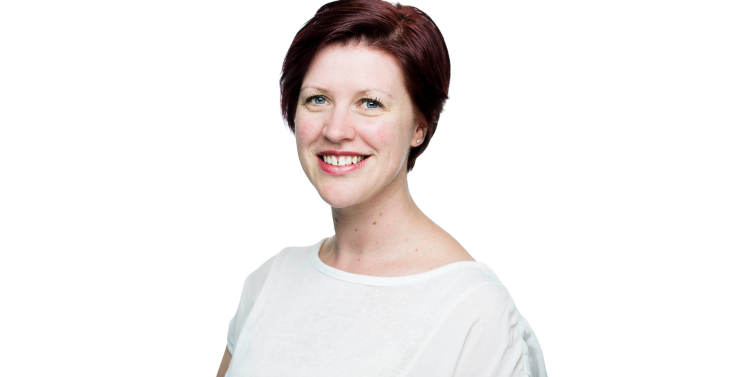
The Wyatt Trust was the first private charitable foundation to implement the RAP framework. Here, Wyatt Trust CEO and Philanthropy Australia Board Member Stacey Thomas reflects of their journey to near completion of two RAPs – what they’ve learned, on truth-telling in relation to the trust’s history and how they might go forward to create a more bespoke reconciliation path.
If I’m honest, it’s with slight hesitation that I write this piece. Not because I’m concerned about sharing missteps and lessons learned from Wyatt’s RAP (Reconciliation Action Plan) journey, but because I’m acutely aware that I’m writing from a white point of view; effectively adding my voice and privileged perspectives to a topic that could do with fewer white voices.
With that in mind, I want to begin this article by acknowledging the support, guidance and wisdom of the many First Nations groups and individuals that work with Wyatt, without whom we would not have made it this far along on our reconciliation journey.
The Wyatt Trust’s history is inseparable from that of First Nations peoples. With our namesake arriving in South Australia in early 1837, and purchasing significant land holdings over 50 years, The Wyatt Trust’s corpus has directly benefitted from unceded Aboriginal lands.
While this history has always been known, it was only from around 2000 that The Wyatt Trust actively sought out partnerships with Aboriginal and Torres Strait Islander organisations and services. Over the past decade, Wyatt has chosen to work through the impact of our history, using a RAP as the tool for self-analysis and action.
Our first Reflect RAP launched in 2020, and at the time we were the first private charitable foundation to implement the RAP framework. There were some distinct benefits of choosing to develop a RAP, even though there were elements that did not easily translate to our work. These were:
Thinking you are ready, is not the same as being ready. There was no doubt that the goodwill and intention of our Board and staff was to throw ourselves into action, but the process of developing a RAP made us slow down and critically assess our own readiness. What was our cultural capability? What gaps did our trusted advisory group see that we needed to address? Having accountability to the RAP Working Group was a positive experience and crucial to us being truly ready to have tougher conversations.
Embedding practice. There are essential elements that Reconciliation Australia ensures are in a RAP. National Reconciliation and NAIDOC Weeks are key times of the year when there is a lot of activity and using the RAP framework means that these important events are not missed. By embedding the practice of attending and holding events, we could then build upon this to support calls to action year-round, not just when there was a recognised week.
Building a community of support. Having a RAP ultimately led to many pieces of work being done across the organisation. This meant that while there was a ‘RAP Champion’, someone responsible for being an internal advocate, they alone could not do all the work. This has resulted in everyone playing their part and building a community of team members willing and able to contribute to work that drives the reconciliation agenda.
In July 2021 our Innovate RAP was approved and set into motion another two years’ worth of work that The Wyatt Trust wants to achieve. With only months remaining on this plan, Wyatt has now taken the decision, under the guidance of our RAP Working Group, not to develop a third RAP at this time.
Having ingrained the building blocks of developing and strengthening our relationships, respecting the cultural knowledge systems that still exist today and developing opportunities for First Nations peoples to engage and direct our work, The Wyatt Trust wants to move beyond the RAP framework. We want to be bold and lead by example when we talk about our history and truth-telling. We want to elevate voices that need to be heard. We want to play a positive role in reconciliation, and for this role to be led by our community.
In a week that urges us to Be a Voice for Generations, we encourage everyone to consider developing a RAP and using it as a tool to methodically plan your action over the next one to two years.
In a year where there is much at stake for First Nations voices, there’s no better time to join with other foundations that see this as an important step towards reconciliation.